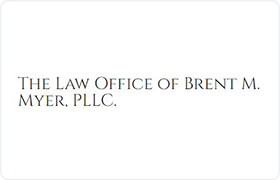Hobe Sound Credit & Debt Lawyer, Florida
Sponsored Law Firm
-
 x
x

Click For More Info:
-
Law Office of Brent M. Myer, PLLC
27 SE Ocean Blvd Stuart, FL 34994» view mapBankruptcy & Debt Your Local Bankruptcy Attorney
Brent M. Myer has over 15 years of consumer bankruptcy experience and has represented both debtors and creditors in the past.
772-873-7794
Scott Kramer
Contract, Credit & Debt, Medical Malpractice, Employee Rights
Status: In Good Standing Licensed: 42 Years
Audra Robin Creech
Litigation, State and Local, Employee Rights, Corporate, Credit & Debt
Status: In Good Standing Licensed: 8 Years
Scott W Turnbull
Contract, Credit & Debt, Civil Rights, Trusts
Status: In Good Standing Licensed: 17 Years
Robert Lyston Jennings
Landlord-Tenant, Fisheries & Wildlife, Credit & Debt, Bankruptcy & Debt, Bankruptcy & Debt
Status: In Good Standing
 Brent Myer Stuart, FL
Brent Myer Stuart, FL Practice AreasExpertise
Practice AreasExpertise
